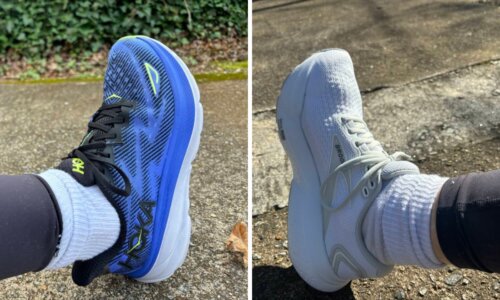Money can’t buy happiness, or so the adage goes. But two recent studies on emotional well-being and income have produced somewhat contradictory findings. To understand the complexity of this issue, researchers conducted separate research projects.
Daniel Kahneman and Angus Deaton, researchers from the Center for Health and Well-being at Princeton University, performed a study to distinguish two aspects of subjective well-being.
Their project used data from more than 450,000 responses to the Gallup-Healthways Well-Being Index survey, focusing on people’s daily experience of positive emotions such as happiness, enjoyment and frequent smiling as well as their negative feelings like sadness and worry.
The results showed that average happiness scores rose up to an income threshold of around $75,000 before flattening out. This suggested that emotional well-being may not necessarily increase with higher incomes.
Matthew A. Killingsworth, a researcher at the Wharton School at the University of Pennsylvania, conducted a separate study. Killingsworth collected over 1,725,000 experience-sampling reports from more than 33,000 employed U.S. adults via smartphone prompts asking about their current happiness levels on a scale ranging from “Very bad” to “Very good.”
His results showed a linear relationship between average experienced happiness and income, even beyond $200,000. Killingsworth’s findings suggest that wealthier individuals feel better than their lower-income counterparts.
The implications of these studies suggest that although money may not necessarily buy happiness, it can positively influence emotional well-being. To maximize their emotional well-being, people should consider how they use their money and focus on ways to make quality purchases that are meaningful and impactful for them.
Investing in experiences and activities that bring joy can improve one’s overall happiness levels and lead to a more fulfilling life. Additionally, donating money to charity is another way to increase one’s emotional well-being. Research has found that people who give back tend to experience greater levels of contentment, improved outlooks, and a sense of purpose.
The good news is that building up a small amount of cash can make a difference. A survey of 12,000 people found that those with at least $500 cash in reserve experienced 15% higher life satisfaction. Even if it is just a few hundred dollars, having some extra money saved up can reduce the stress of an unexpected expense and increase overall happiness.










